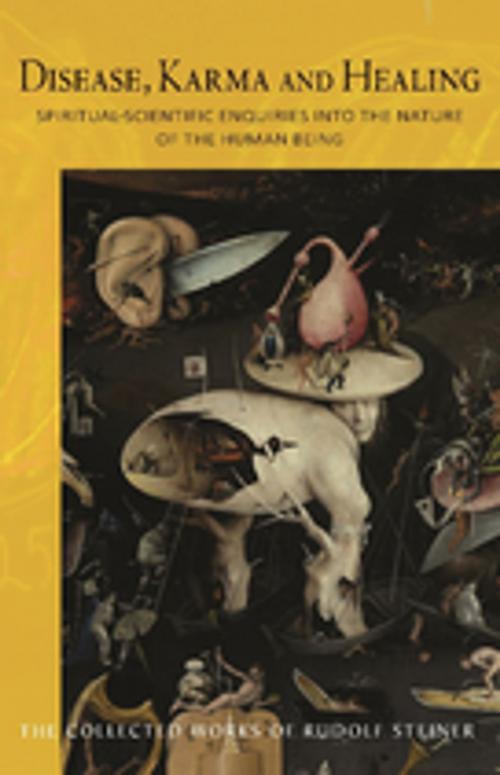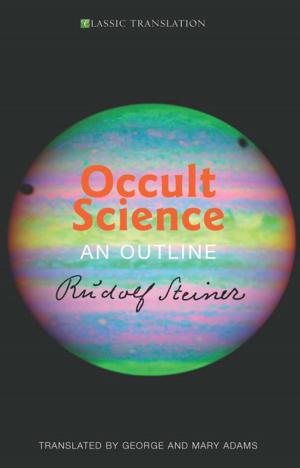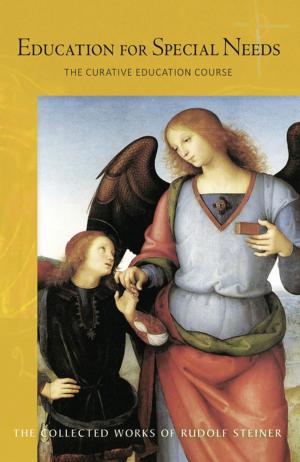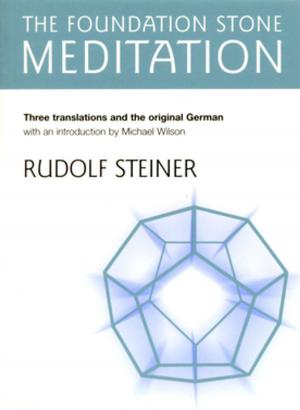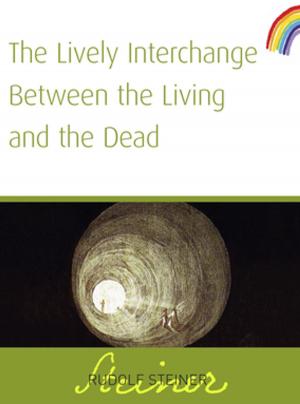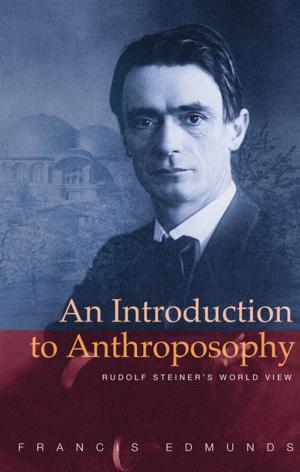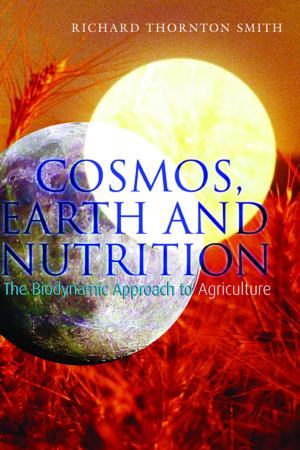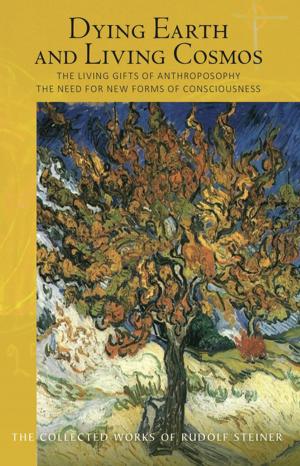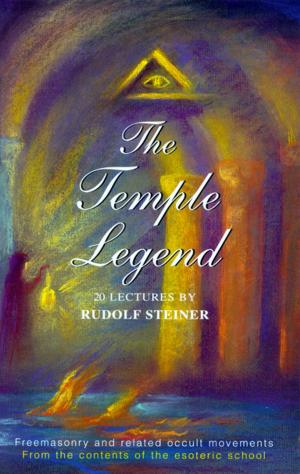Disease, Karma and Healing
Spiritual-Scientific Enquiries into the Nature of the Human Being
Nonfiction, Health & Well Being, Medical, Alternative & Holistic Medicine, Alternative Medicine, Religion & Spirituality| Author: | Rudolf Steiner | ISBN: | 9781855844407 |
| Publisher: | Rudolf Steiner Press | Publication: | December 10, 2013 |
| Imprint: | Rudolf Steiner Press | Language: | English |
| Author: | Rudolf Steiner |
| ISBN: | 9781855844407 |
| Publisher: | Rudolf Steiner Press |
| Publication: | December 10, 2013 |
| Imprint: | Rudolf Steiner Press |
| Language: | English |
Today, illness is almost universally regarded as either a nuisance or a grave misfortune. In contrast to this conventional thinking, Rudolf Steiner places the suffering caused by disease in a broad vista that includes an understanding of karma and personal metamorphosis. Illness comes to expression in the physical body, but mostly does not originate in it, says Steiner, and thus a key part of the physician’s work involves gaining insight into the whole nature of an individual – his essential core being. From this perspective, illness offers us the opportunity for deeper healing.
Throughout this volume Rudolf Steiner draws our attention to the greater scope of the smallest phenomena – even a seemingly insignificant headache. He casts vivid light on things we normally take for granted, such as the human capacity to laugh or cry, and in the process broadens our vision of human existence. The apparently mundane human experiences of forgetting and remembering are intrinsic to our humanity, for example, and have unsuspected moral and spiritual dimensions. Steiner’s insights are never merely ‘lofty’ or nebulously ‘spiritual’ but time and again connect with the minutest realities of everyday life. In these 18 lectures, delivered on a weekly basis as part of an ongoing course covering ‘the whole field of spiritual science’, Steiner elaborates in detail on the diverse interplay of the human being’s constituting aspects (physical body, etheric body, astral body and ego or ‘I’) in relation to rhythmic processes, developing consciousness, the history of human evolution, and our connection with the cosmos. Within this broad canvas, some of his themes acquire a very distinctive focus – such as vivid accounts of the ‘intimate history’ of Christianity, ‘creating out of nothing’, the interior of the earth, and health and illness.
Other topics include: the nature of pain, suffering, pleasure and bliss; the four human group souls of lion, bull, eagle and man; the significance of the Ten Commandments; the nature of original sin; the deed of Christ and the adversary powers of Lucifer, Ahriman and the Asuras; evolution and involution; the Atlantean period – and even Friedrich Nietzsche’s madness!
Today, illness is almost universally regarded as either a nuisance or a grave misfortune. In contrast to this conventional thinking, Rudolf Steiner places the suffering caused by disease in a broad vista that includes an understanding of karma and personal metamorphosis. Illness comes to expression in the physical body, but mostly does not originate in it, says Steiner, and thus a key part of the physician’s work involves gaining insight into the whole nature of an individual – his essential core being. From this perspective, illness offers us the opportunity for deeper healing.
Throughout this volume Rudolf Steiner draws our attention to the greater scope of the smallest phenomena – even a seemingly insignificant headache. He casts vivid light on things we normally take for granted, such as the human capacity to laugh or cry, and in the process broadens our vision of human existence. The apparently mundane human experiences of forgetting and remembering are intrinsic to our humanity, for example, and have unsuspected moral and spiritual dimensions. Steiner’s insights are never merely ‘lofty’ or nebulously ‘spiritual’ but time and again connect with the minutest realities of everyday life. In these 18 lectures, delivered on a weekly basis as part of an ongoing course covering ‘the whole field of spiritual science’, Steiner elaborates in detail on the diverse interplay of the human being’s constituting aspects (physical body, etheric body, astral body and ego or ‘I’) in relation to rhythmic processes, developing consciousness, the history of human evolution, and our connection with the cosmos. Within this broad canvas, some of his themes acquire a very distinctive focus – such as vivid accounts of the ‘intimate history’ of Christianity, ‘creating out of nothing’, the interior of the earth, and health and illness.
Other topics include: the nature of pain, suffering, pleasure and bliss; the four human group souls of lion, bull, eagle and man; the significance of the Ten Commandments; the nature of original sin; the deed of Christ and the adversary powers of Lucifer, Ahriman and the Asuras; evolution and involution; the Atlantean period – and even Friedrich Nietzsche’s madness!
